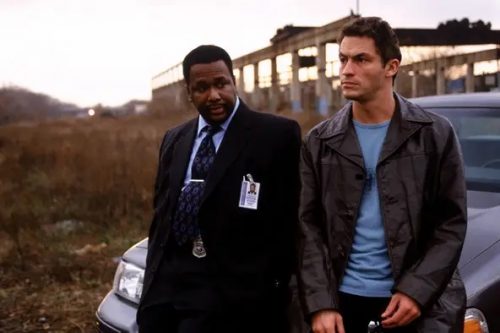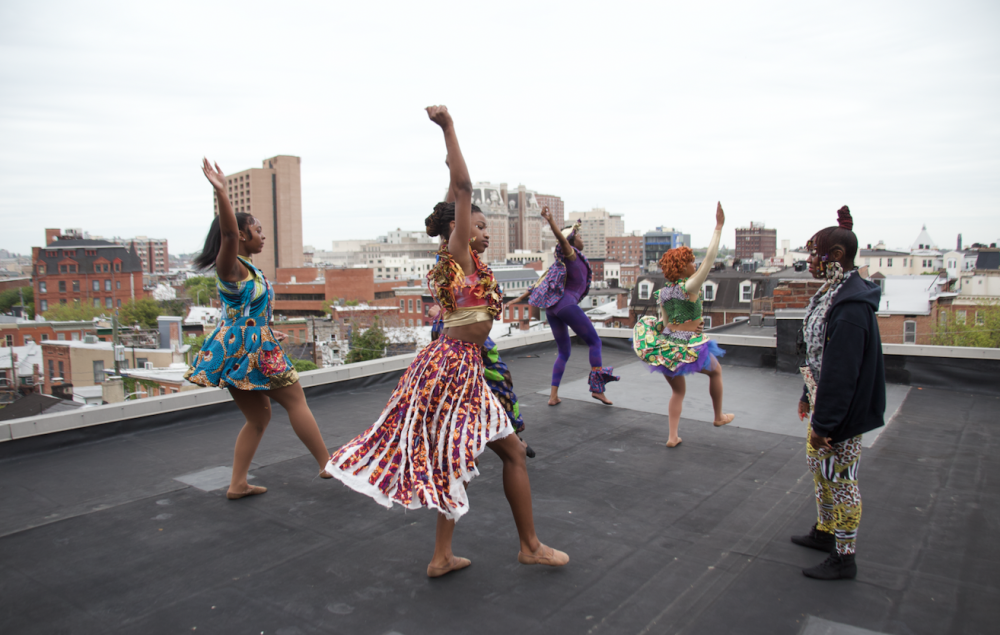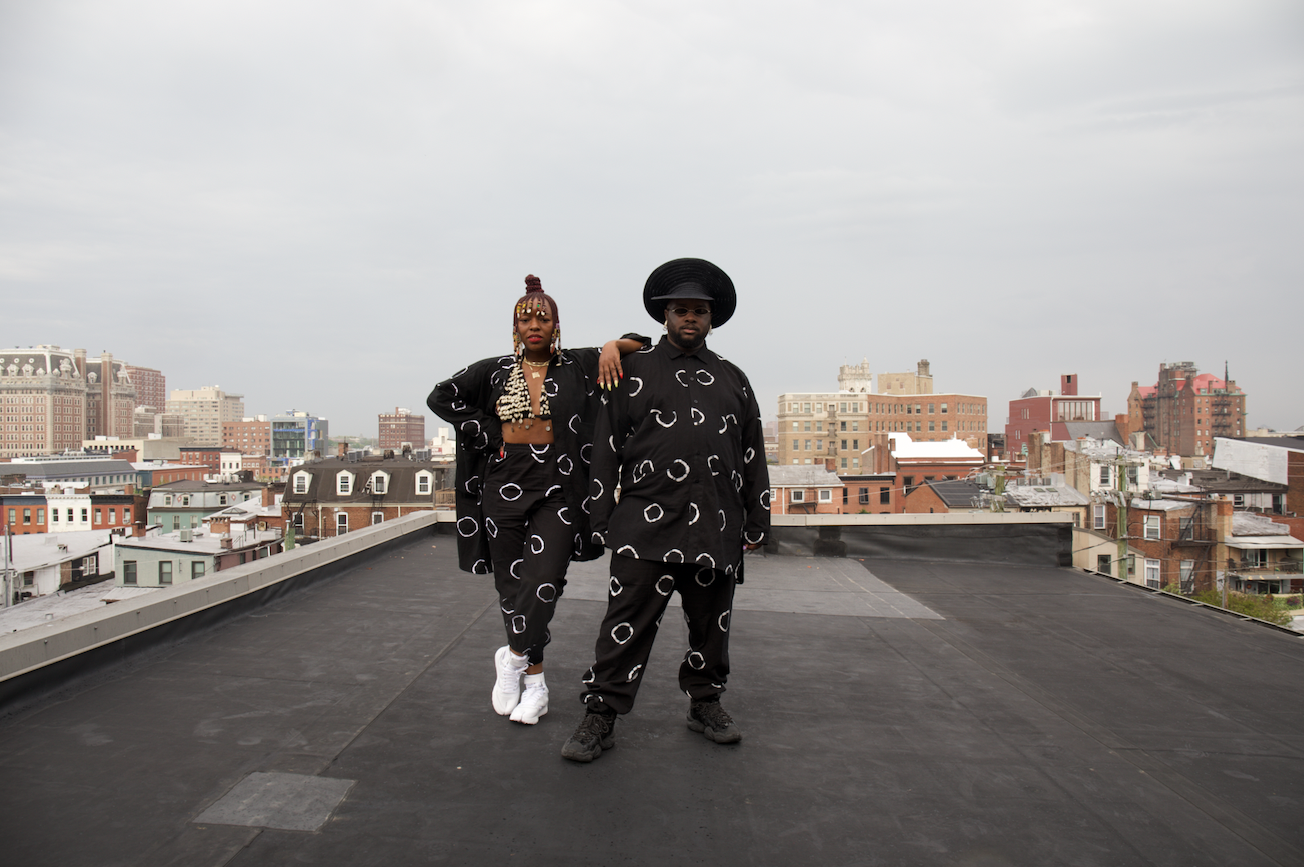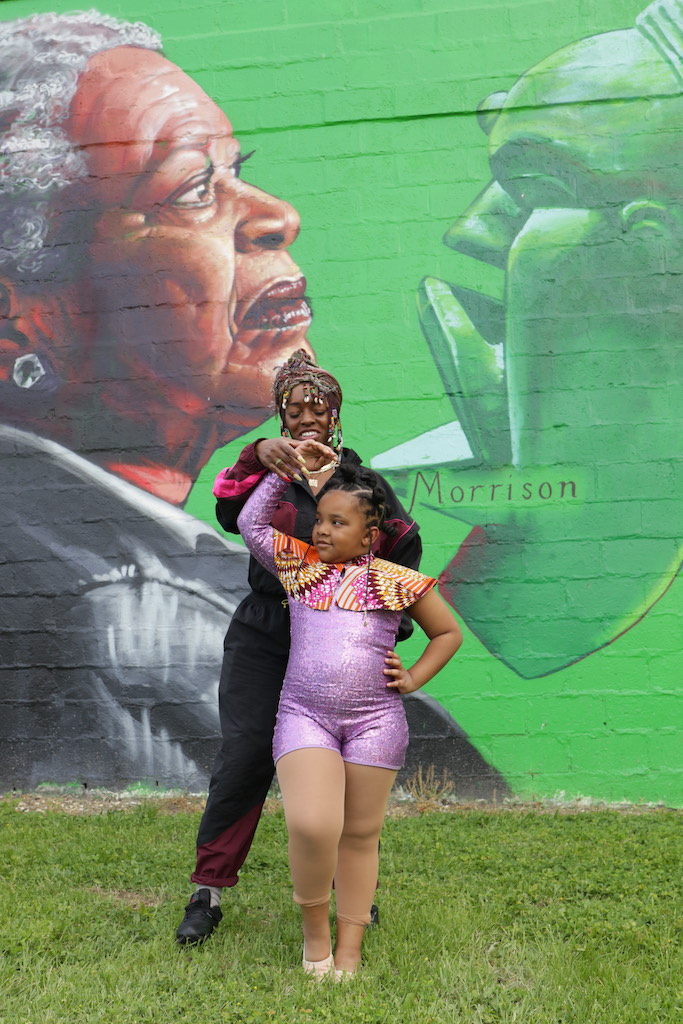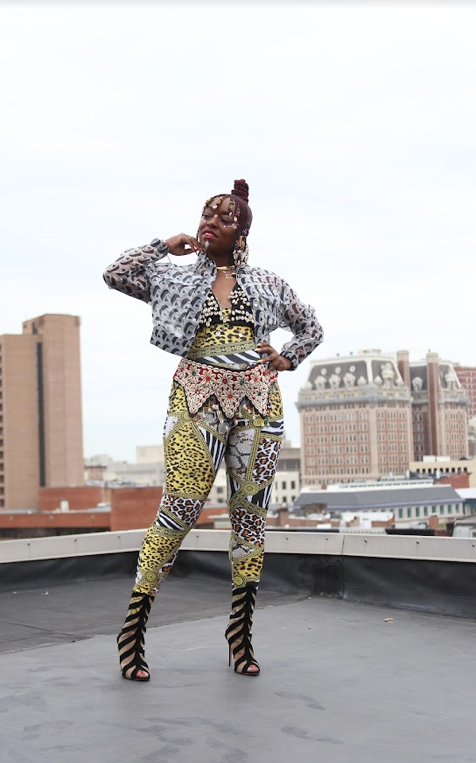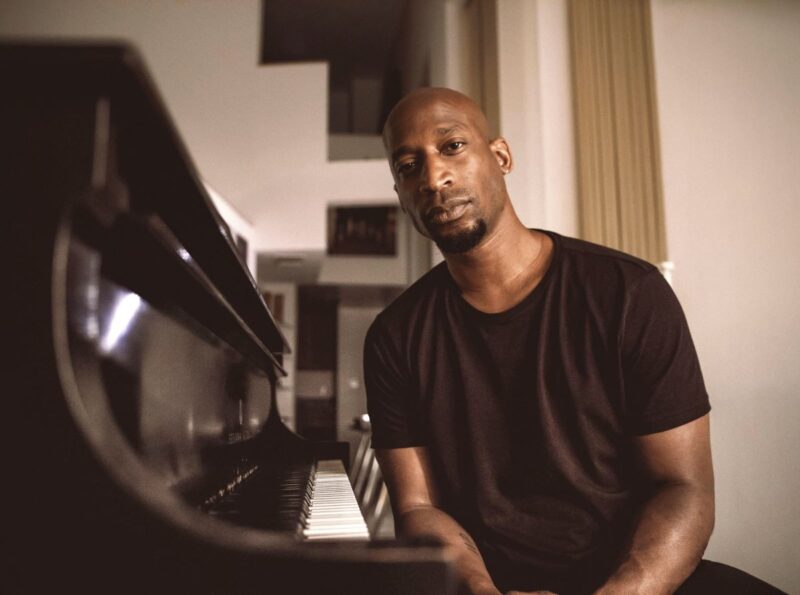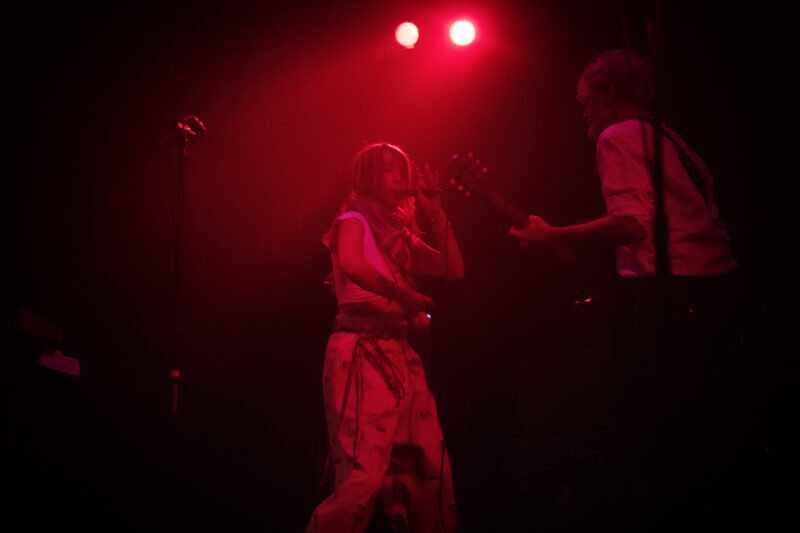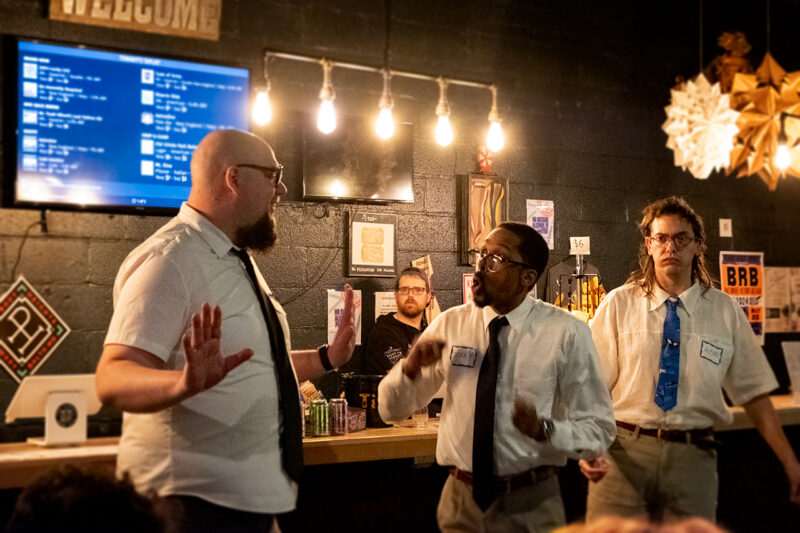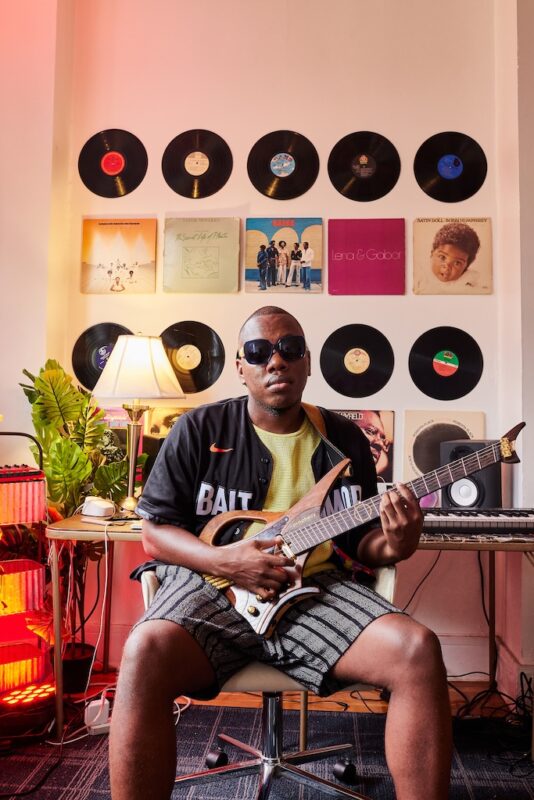This Saturday, Muse 360 is throwing one last bittersweet fundraising celebration at the Eubie Blake Cultural Center as the arts education nonprofit searches for a new home. WE DID THAT! (named for the triumphant Abdu Ali song “DID DAT”) will feature cocktails, a film screening documenting 18 years of programming, live music, food, and, naturally, dance performances.
Since 2005, Muse 360 has called the Howard Street cultural center home, but now faces the all-too-familiar challenge of finding another affordable space to host dance classes, meetings, and other events after the Board of the Eubie Blake National Jazz Institute and Cultural Center, which owns the building at 847 N. Howard Street, opted to not renew their lease earlier this year following a dispute over rent increases.
Founding Director Sharayna Ashanti Christmas plans to continue some of the organization’s youth activities online while hunting for new digs, but the loss of roughly 2,000 square feet of affordable, centrally located studio and rehearsal space represents a crushing blow to one of the core programs of Muse 360—the Rayn Fall Dance Studio, a preparatory ballet and movement school that also represents one of the nonprofit’s primary revenue streams.
